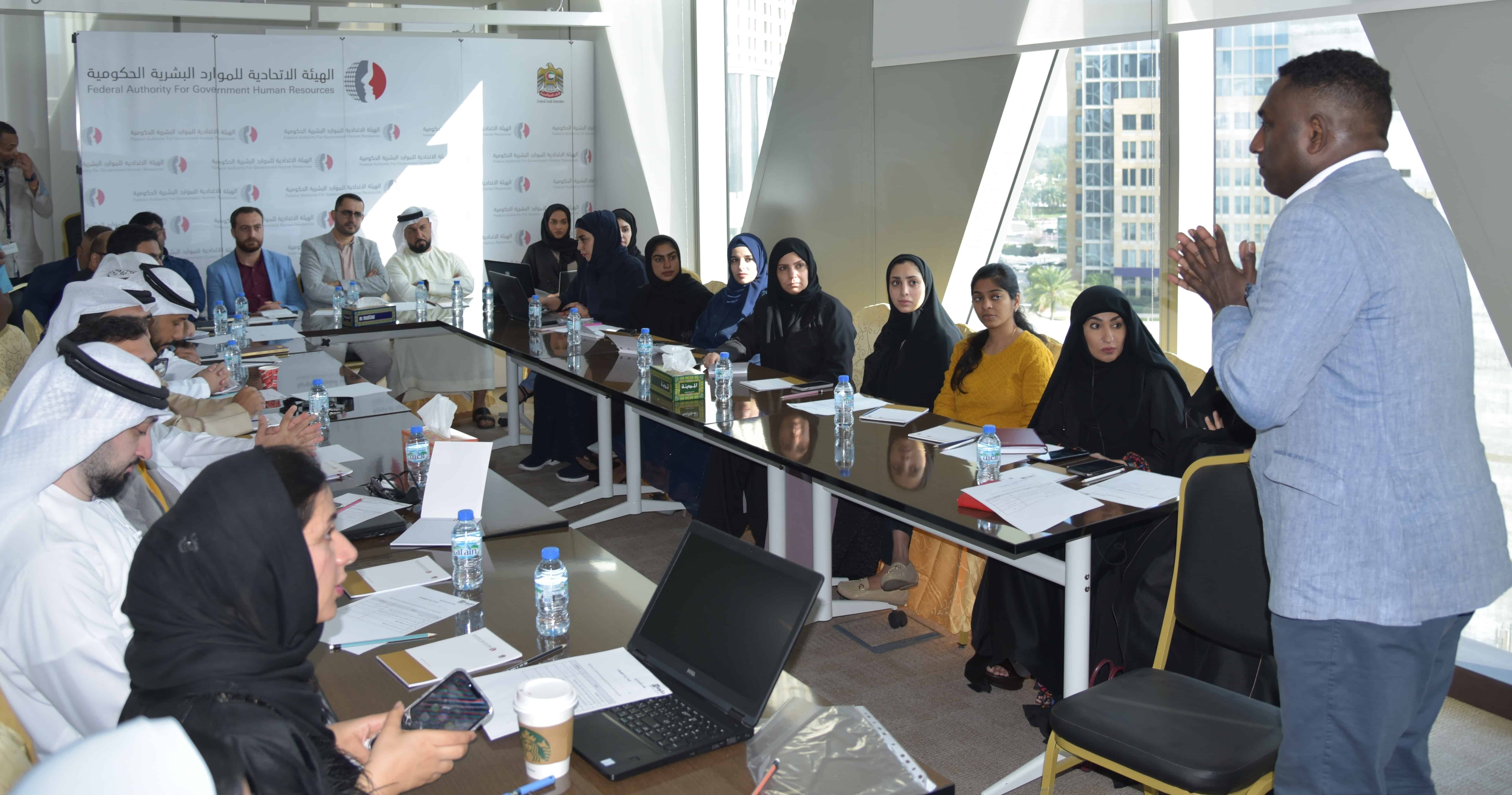DUBAI, UAE — While most companies in the UAE increased their workforce in 2022 and are expected to do so again this year due to a robust economic recovery and government initiatives to attract talent and investment, the hiring rate is projected to slow this year due to recession fears, said an expert.
“Although the UAE has remained extremely resilient, the market is not immune to global economic conditions. This is reflected in the MSCI GCC Index’s downward trend, which fell in the fourth quarter of last year,” said Brian Habibi, Co-Founder, and Chief Customer Officer at Bayzat, an employee benefits platform.
He was referring to the latest the International Labor Organization (ILO) report which highlighted that global employment growth is expected to decrease sharply to 1 percent this year compared to 2 percent in 2022 due to the economic consequences of the war in Ukraine, high inflation, and tighter monetary policy.
According to Habibi, the ramifications of the UAE’s hiring slowdown will impact organizations’ willingness to increase operating overheads.
Habibi noted that as the competition for talent intensifies, the UAE companies are spending more on employee salaries and retention, such as increasing insurance premiums and investing in employee benefits.

According to him, recent research has suggested that companies’ expenses on salaries per employee increased by 17 percent last year. Also, nearly half of the organizations (47 percent) in the Gulf country increased the amount spent on insurance premiums per member last year, with the average increase being an impressive 29 percent.
Despite this, UAE companies continue to onboard more employees than offboard them, although the hiring rate has slowed compared to 2021, Habibi pointed out.
The UAE, according to him, continues to offer a fine-tuned ecosystem for businesses to thrive. Last year, the UAE dominated the GCC in terms of IPO proceeds and types of IPO issuances, with new public listings drawing in nearly 60 percent of the region’s IPO investment.
Moreover, the government initiatives such as introducing new visa categories, changes to the workweek, and sweeping regulatory reforms have set the country up to be a thriving ecosystem for businesses of all sizes.
“The opportunity for businesses is clearly present, and organizations that can operate lean and adapt their strategies effectively will have plenty of scopes to thrive,” Habibi told TRENDS.
The UAE, he added, continues to buck the global trend, buoyed by high oil prices and continued investment from the international community. “Organizations are thus primed for growth and recognize that human capital is critical to capitalizing on their unique opportunities,” Habibi said.
Drilling down, Bayzat’s data indicates the ratio of employees onboarded to those offboarded through 2022 was highest for technology-related positions at 2.45x. This was closely followed by HR (2.35x) and Marketing (2.02x).
Conversely, sales-related roles saw the lowest ratio, with the number of professionals onboarded for such positions exceeding the number offboarded by only 1.53x. Given the pivotal role of technology — whether customer or employee-facing — in driving business growth, this trend should come as no surprise.
However, while Bayzat’s data showed that UAE-based organizations are expanding their workforces, the hiring rate appears to have slowed. Whereas in 2021, the company found that the number of employees onboarded was 2.6 times the number offboarded, in 2022, this figure dropped to 1.8x.
In addition to strengthening their workforces through new hires, UAE organizations are also demonstrating their focus on employee retention through their efforts to enhance the experiences of their employees. Insurance and employee benefits, which came into the spotlight in 2020 with the advent of the pandemic, are one area where companies are doubling.
Bayzat’s research shows that last year, nearly half (47 percent) of organizations increased the amount spent on insurance premiums per member, with the average increase being an impressive 29 percent.
However, according to Habibi, companies still need to take several steps to improve the experience and stability of their employees, one of which is the use of Super Apps.
Super apps are quickly becoming the core expectation of young digital natives, who comprise an increasing proportion of today’s workforce. According to one survey, 59 percent of millennials expect their employers to provide mobile-optimized tools, but more than overwhelming employees with multiple apps is needed.
“Instead, organizations should combine a swarm of HR services — the ones employees use daily — into a single super app. Employees’ work history, contract details, salary, personal information, documents, leave records, performance records, and other information will be more accessible in a single location because they provided that information through a single super app, either directly or through other engagements such as applying for leave or reimbursements, or simply by performing their daily tasks. Super apps can also improve employee engagement and collaboration,” he said.
Another critical contributor to employee experiences is the benefits and support they receive from their employer. Organizations can build a sustainable corporate culture by taking a benefits-oriented approach to employee welfare and ensuring that no one feels like a small cog in the corporate machinery.
“Business leaders who create a framework for attracting and retaining top talent will be corporate champions, having laid the groundwork for robust competitiveness in the global digital economy,” he said.








